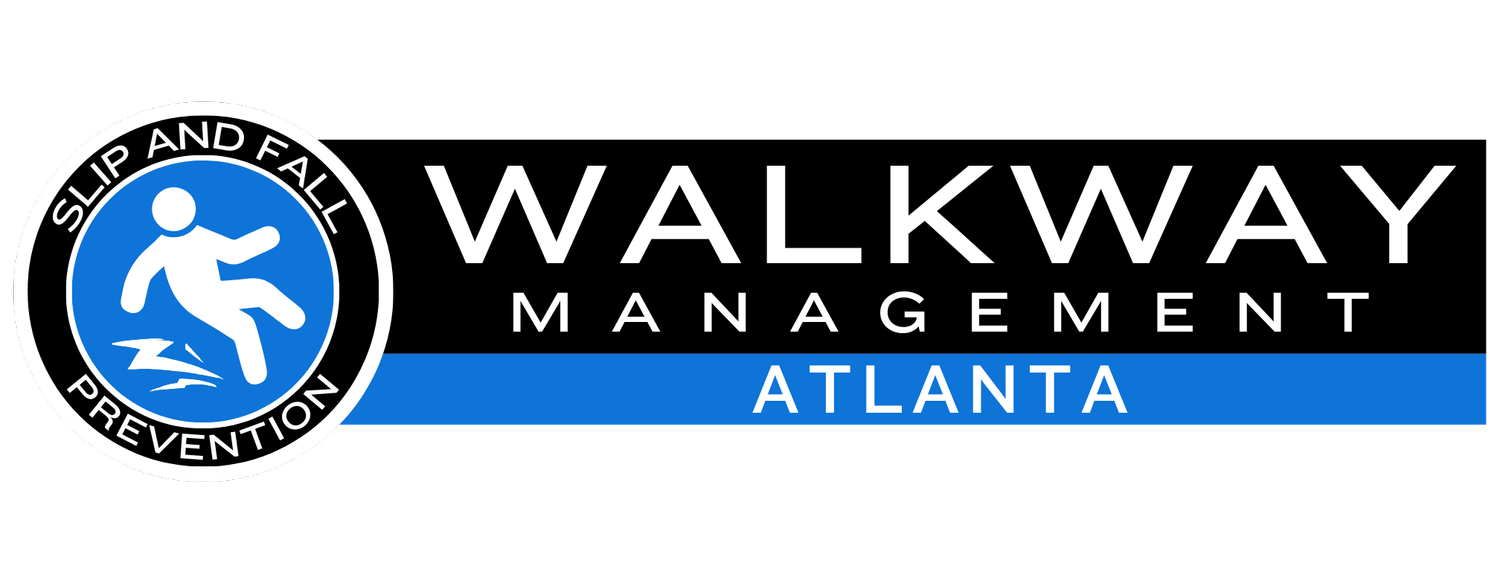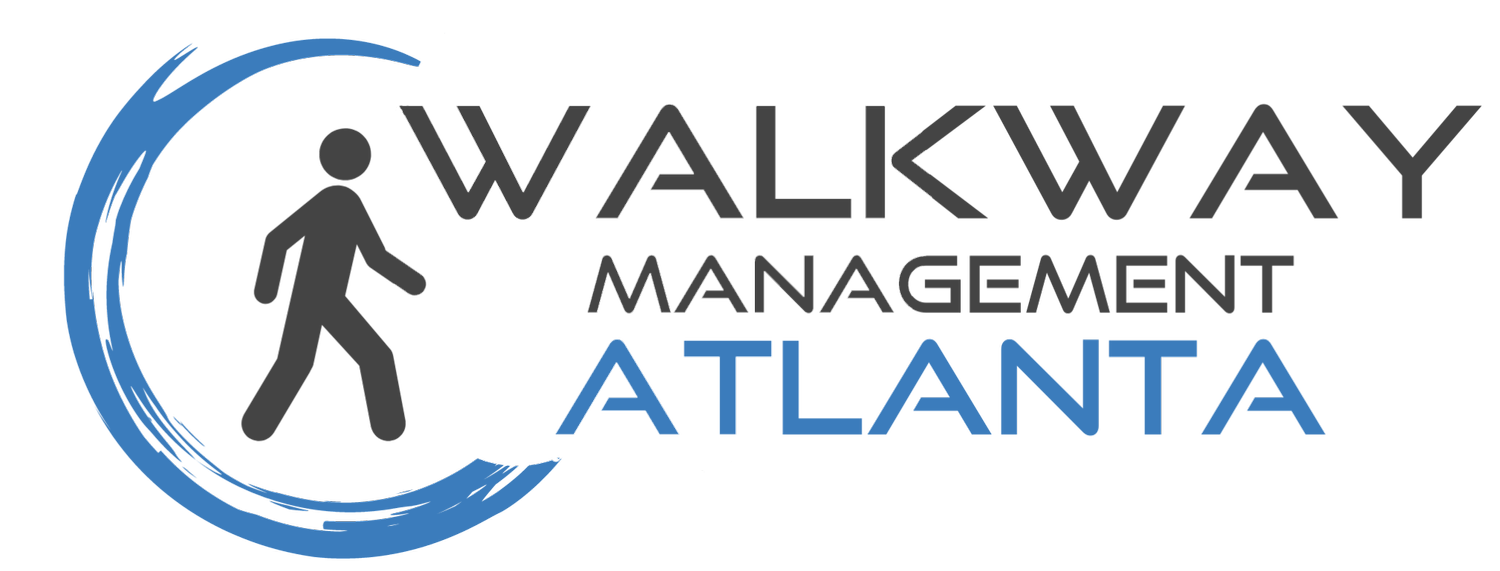FAQs regarding Slip Testing Services
Why should I consider slip testing?
According to a study done by CNA Insurance, 50% of all floor surfaces in the United States are under the ANSI A326.3 standard of interior, wet dcof value of 0.42. You should consider slip testing your floors to find out exactly where you stand! Are you vulnerable to slip and fall lawsuits? or are you protected... Find out more here!
What test method do you use?
We are using the BOT-3000e Tribometer to test in accordance to the ANSI A326.3-21 Test Method for Measuring Dynamic Coefficient of Friction of Hard Surface Flooring Materials. The test identifieds five product use categories and gives dcof recommendations for each category. Find out more here!
For more questions regarding the new ANSI A326.3-21 Standard, Click Here!
What is the difference between SCOF and DCOF?
Static friction is friction that occurs between two bodies in contact with one another while they are at rest. It’s friction which prevents an object from moving while it is still.
Dynamic (or kinetic) friction is friction that opposes the movement of a body which is already in motion. It’s friction that slows or stops an object from moving.
Do you provide legal documentation?
Yes, our testing concludes with a legal document that is in accordance with both the ASTM F1694-14 "Standard Guide for Composing Walkway Surface Investigation, Evaluation and Incident Report Forms for Slips, Stumbles, Trips and Falls" and the ASTM F2048-00 "Standard Practice for Reporting Slip Resistance Test Results." Our testing follows the Daubert Principle and therefore it is admissible in the court of law. Check out our Floor Audit page for some better insight into our reporting.
FAQs regarding Remediation Services
Why should I consider traction enhancing treatments for my floors?
It is estimated that 85% of worker’s compensation claims are attributed to employees slipping on slick floors (Industrial Safety & Occupational Health Markets 5th edition). Slip-and-fall accidents are the leading cause of visits to the ER and are the leading cause of all accidental deaths in homes each year. We can help prevent these slips and falls with our range of products for almost all surface types.
Here are 5 Benefits for Traction Treatments.
Check out our Remediation page for more information as well.
How long does a treatment last?
This depends on the surface solution for your floor. Every floor is different and requires a different method of installation to achieve a safe floor. Some treatments can last up to 7 years! We recommend quarterly testing to monitor the DCOF after treatment.
What types of surfaces can you work with?
We have a solution for every floor surface there is! To date, we have not come across a surface we have not been able to dramatically increase the Coefficient of Friction!
Is special maintenance required after application?
We do recommend that you use our ReBoost Cleaning Solution to clean your floors and we are also available to do a training session with your staff to show the proper way of cleaning and maintaining your treated floors.
FAQs regarding StopSLIP Travertine & Paver Sealing
Is there a standard for travertine and paver slip resistance?
All exterior surfaces are expected to meet the DCOF threshold of 0.55 under wet conditions.
Do I need to seal my travertine?
It is recommended to seal your travertine to protect from mold, dirt, mildew and to give it longer life.
There are many paver and travertine sealing companies out there, what makes you different?
This is true. There are plenty of other companies that will seal your travertine and/or paver surfaces. Some even offer slip resistance as well. However, what they do to achieve "slip resistance" is they add a rounded plastic aggregate to the surface, like "Shark Grip". Majority of the pool decks we are called out to, have been treated in this manner and all fail to meet the 0.55 requirement. The best way to think about it, is that we don't sell sealing services... we are selling safety. If you want to seal your travertine or paver surface, there is only one company that can do it with a scientifically proven method for slip resistance!
So if you are going to make my travertine non-slip, does that mean that I have to give up the gloss?
No! That's the beauty with our system! We can offer a highly-glossy finish WITH the safety of ANSI A326.3 compliant floors!
Is it cheaper to do the travertine sealing without the anti-slip?
We will not accept or do any job without the anti-slip. We are selling safety!
What is the cost for this service?
Any pool deck or outdoor area under 1,000sqft is a flat rate of $1,850. Areas over 1,000sqft is $2 per sqft. This price is on never sealed before surfaces. Click here for more information!

